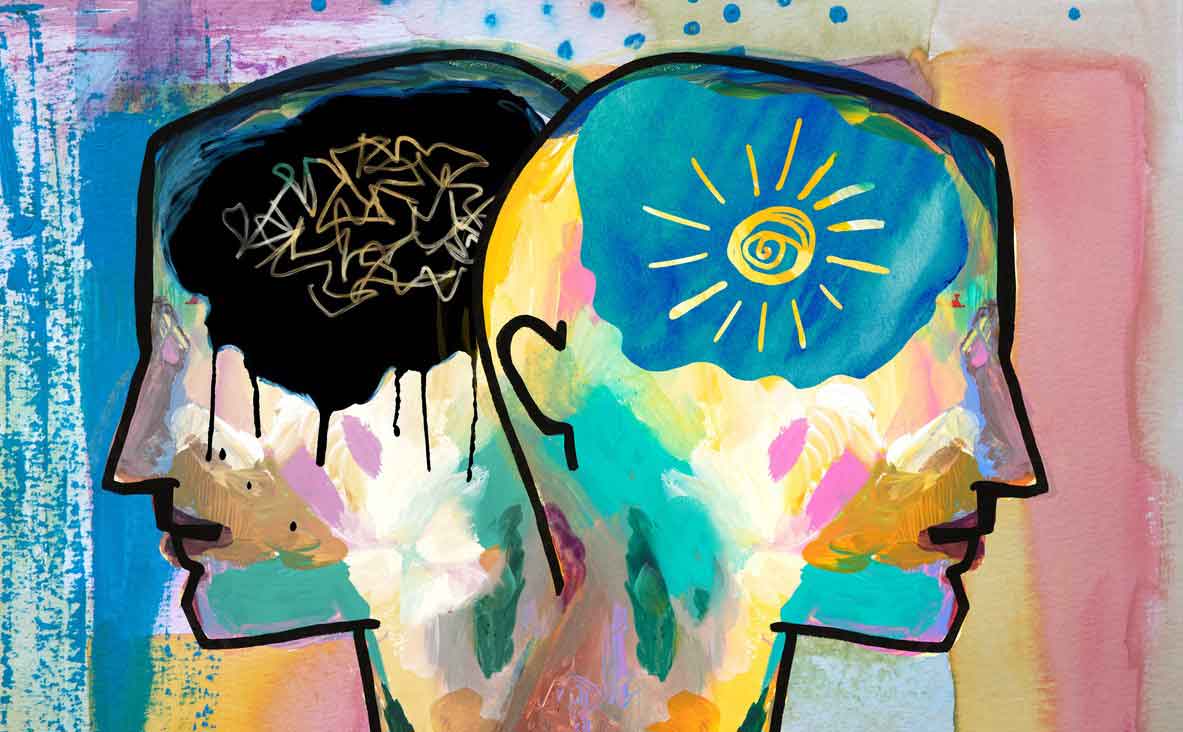Brain Health in a Brain-Based Economy

August 21, 2024
Joseph Ricciuti, Director Sales and Client Management Services
In the final Report, Brain Health + Brain Skills = Brain Capital, published by the Global and Economic Roundtable on Addiction and Mental Health, the late Honourable Michael Wilson and Bill Wilkerson called for a new NeuroEconomic Workplace. Understandably so, since most new jobs today demand cerebral, not manual skills when the heavy lifting is done on the back of labour, and where brain-based mental disorders are the leading causes of workplace disability.
According to the CMHA, the brain is responsible for all functions of the body including how we move, communicate, make decisions and interpret our surroundings. Our brain also processes our thoughts, behaviours, feelings, and emotions. Understanding the difference between mental health and brain health is crucial for anyone seeking to improve their mental wellbeing.
So, what is Brain Health and how is it different from Mental Health?
Tammy Whelan Blake, in her 2023 article entitled: Future proofing professionals and businesses with focus, productivity, strategy and action planning, summarized the difference this way:
‘Mental illness is a condition that affects a person’s thinking, feeling, or behaviour and may interfere with their ability to function in daily life. Brain Health, on the other hand, refers to the overall health and functioning of the brain, including its ability to process information, regulate emotions, and maintain physical health’.
The evidence is clear. Organizations that invest in brain health can improve their employees’ overall cognitive functioning, resilience, and psychological well-being. It will help them cope with day-to-day stress, improve productivity and more importantly reduce the risk of developing mental health disorders and promote overall health and wellbeing. How? By focusing on the preventative measures that can make a difference, such as:
- Diet
- Exercise
- Sleep
- Stress mitigation
- Environmental risk factors
The new workforce is transforming workplaces and the way work is organized and delivered. With it comes new challenges to workforce health and productivity. It will require a ‘modern’ approach that recognizes the inextricable link between a healthy work culture/environment and healthy employees. It will take an investment approach to employee health and mental wellbeing and an appreciation of the economic incentive to create Brain Capital.
The tools exist and SEB can assist. SEB is Canada’s leader in providing benefits administration solutions to over 400,000 plan members from Canadian companies. For more information, you can reach us here.
Post navigation
Related Posts

5 Signs of ERP Burnout & How PMOaaS Saves Your Project
The statistics surrounding Enterprise Resource Planning (ERP) implementations are, frankly, sobering. With failure rates hovering…

Humans for Strategy, Software for Paperwork: The 2026 HR Hybrid Model
In the modern corporate landscape, the role of the HR professional has never been more…

Benefit “Nudges”: How Gamification Could Drive Gen Z Enrolment
Let’s be honest: your Gen Z hires aren't reading your 40-page benefits PDF. They grew…
